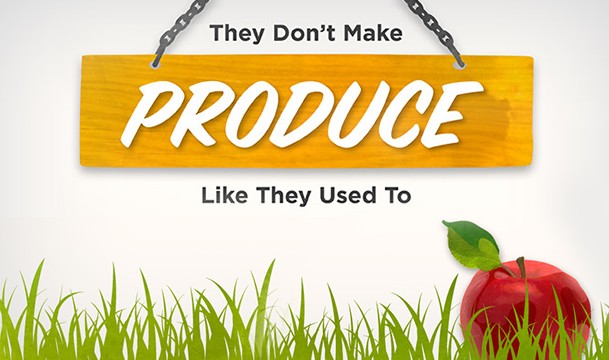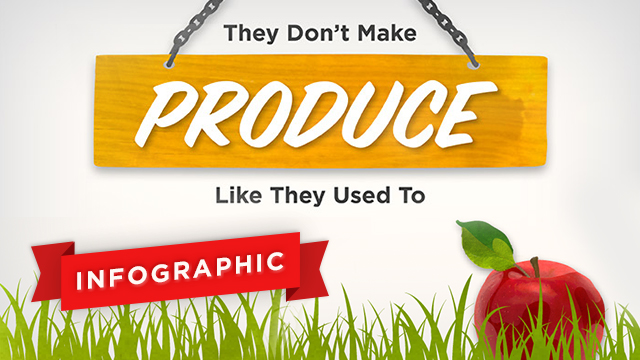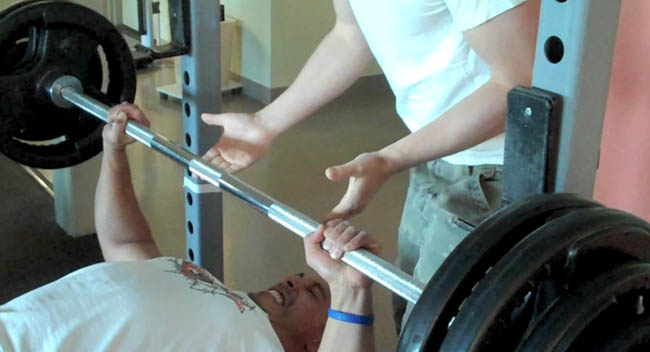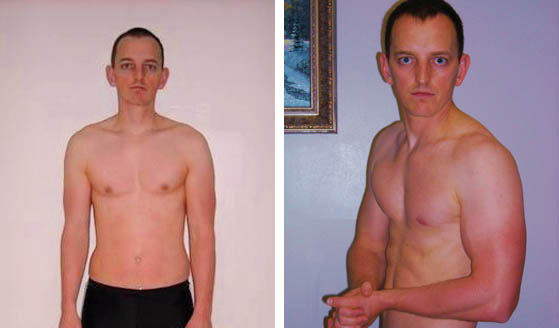Is Your Food as Nutritious as You Think?
 You already know it’s important to eat your fruits and veggies. You may not always get five servings every day like you should, but you make an effort to have a banana for a snack, and you try to choose a salad every now and then. But what you may not know is that a lot of produce isn’t as nutritious as it used to be — the food your grandparents ate had a lot more nutrients than the food you’re eating today.
You already know it’s important to eat your fruits and veggies. You may not always get five servings every day like you should, but you make an effort to have a banana for a snack, and you try to choose a salad every now and then. But what you may not know is that a lot of produce isn’t as nutritious as it used to be — the food your grandparents ate had a lot more nutrients than the food you’re eating today.
It may sound strange, but it’s true. Sometimes this is simply because the time between farmers harvesting the produce and you actually eating it has grown larger — after all, it takes a long time to move a mango halfway around the world. Once harvested, fruits and vegetables gradually lose moisture and nutrients, and they deteriorate in quality. A mango picked two weeks ago won’t be as nutritious as a mango picked yesterday.
In other cases, fruits and vegetables have lost nutrients because we’re growing slightly different varieties than we used to. For example, there are numerous varieties of tomatoes, but today we prefer to plant varieties that will produce the greatest yield of tomatoes per acre — and all of those tomatoes are competing for the limited amount of nutrients in the soil.
Another cause of nutrient loss is called “nutrient soil depletion.” This means that we have already farmed so much on the limited farmland available that we have taken out a great deal of the nutrients in the soil. On top of that, we don’t give the soil enough time to recover the nutrients we take out of it. You can’t grow nutrient-rich food in nutrient-poor soil.
You can learn a little more about what has changed in our produce by checking out the infographic — crafted by USANA’s own Mikelle Williams — below. If you want others to know about how our food is changing, you can share this infographic on Facebook, Twitter, or Pinterest. You never know who might benefit from a dose of new knowledge.
All of this information may sound alarming, but there’s nothing to be afraid of. All this means that it is more important than ever to eat plenty of fresh fruits and vegetables every day. And you may even want to consider planting your own vegetable garden if you can. Not only will it be packed full of vitamins and minerals, but you may find that the food you grow yourself will taste a lot better, too!
Note: A previous version of the above infographic indicated data from 1960-2013. The data is from a source published in 2009.








I’ve worked with companies who make farming equipment. They also said that if the crop is sold by weight, then the objective is to produced the heaviest crop possible, which means lots of fiber, water, etc, but little attention is paid to the nutrient content – just grow it big fast.
Great article – Spent my first 14 yrs eating garden fresh vegetables and fruit. No spray or preservatives. I will soon celebrate 84 yrs on this earth. Thanks to my early years and USANA products, I live my life my way! No rocking chairs or walkers in my future!
Great information but what is the source?
Bottom RH corner for source of data Jim.